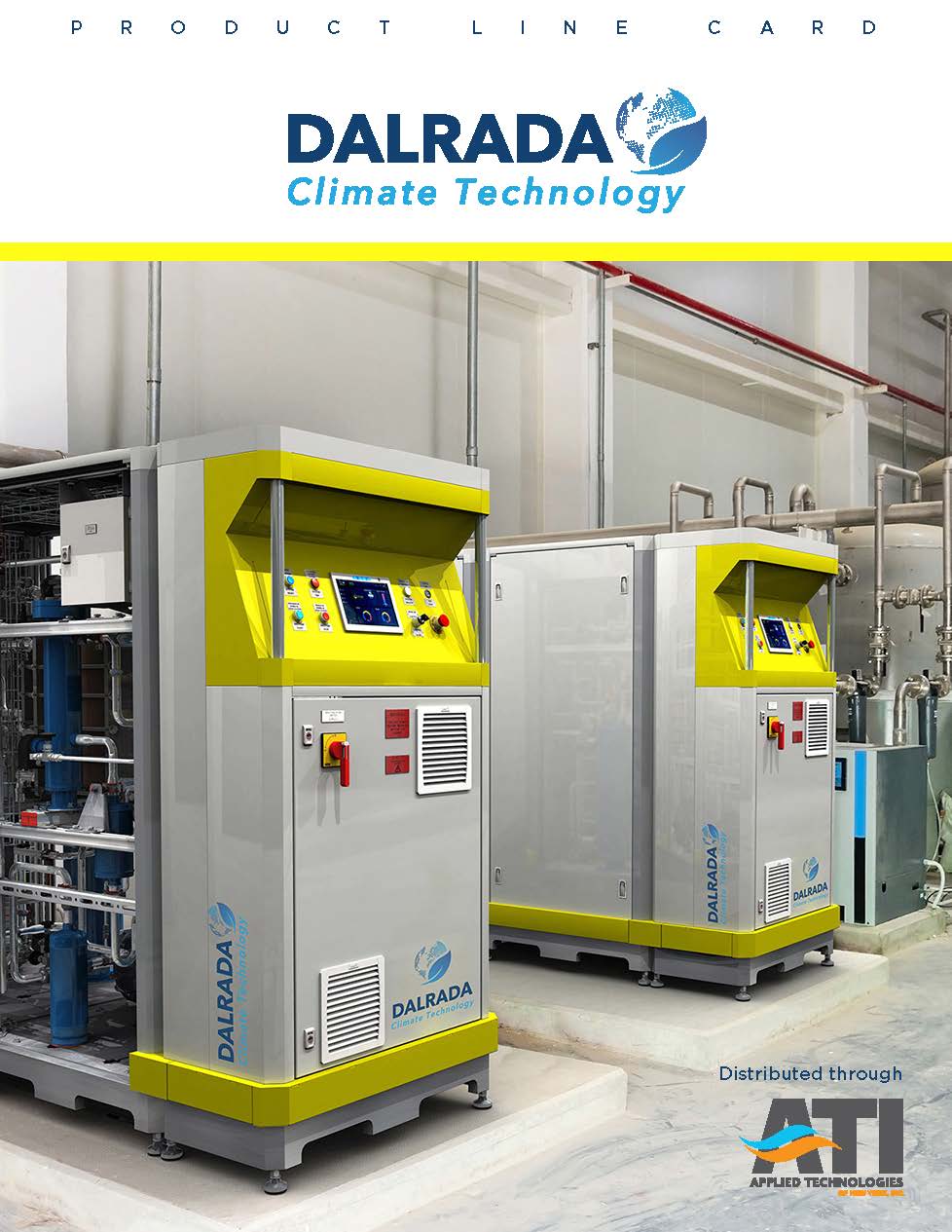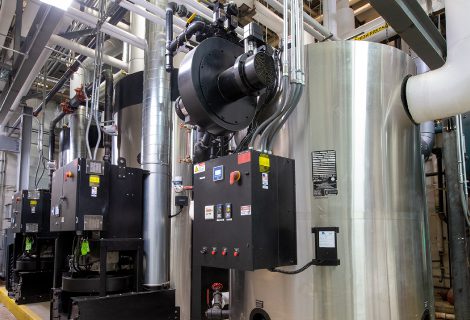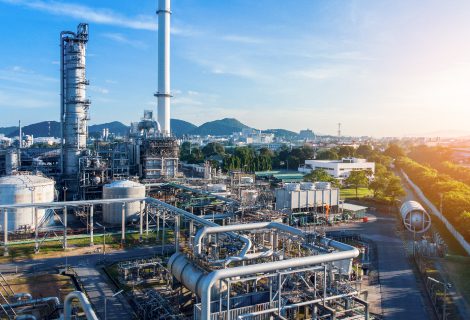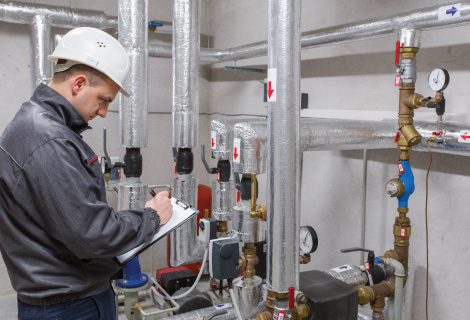Comparing Heat Pumps and Traditional HVAC Systems: A Guide for Engineers and Contractors
As the HVAC industry continues to evolve, engineers and contractors are constantly seeking the most efficient, cost-effective, and environmentally friendly solutions for heating and cooling. Among the myriad of options available, heat pumps and HVAC systems stand out as two prominent choices. This blog post aims to provide a comprehensive comparison between these systems to help HVAC professionals make informed decisions for their projects.
Defining Key Terms
Heat Pumps: A heat pump is a device that transfers heat from one place to another using a refrigerant cycle. Heat pumps can provide both heating and cooling by reversing the flow of refrigerant. They are known for their energy efficiency and versatility.
HVAC Systems: Traditional HVAC systems typically refer to systems that use separate units for heating and cooling. Common examples include furnaces paired with air conditioners. These systems rely on combustion (for heating) and refrigeration cycles (for cooling) but are generally less integrated than heat pumps.
Benefits of Heat Pumps

Energy Efficiency:
Heat pumps are renowned for their high Coefficient of Performance (COP). They can deliver more heating or cooling output per unit of energy consumed compared to traditional HVAC systems. For instance, heat pumps can achieve efficiencies of 300-400%, whereas traditional systems typically operate at 80-95% efficiency.
Cost-Effectiveness:
Although the initial cost of heat pumps can be higher, their energy efficiency leads to lower operating costs over time. This results in significant savings on energy bills, making them a cost-effective choice in the long run.
Environmental Impact:
Heat pumps use eco-friendly refrigerants with lower global warming potential (GWP) compared to traditional systems. Additionally, by reducing reliance on fossil fuels, heat pumps contribute to lower greenhouse gas emissions.
Versatility:
Heat pumps offer both heating and cooling capabilities, making them a year-round solution. They are suitable for a wide range of applications, from residential homes to commercial buildings and industrial facilities.
Benefits of HVAC Systems

Familiarity:
HVAC systems are well-established and widely understood by contractors and engineers. This familiarity can simplify installation, maintenance, and troubleshooting.
Performance in Extreme Weather:
Traditional systems, particularly furnaces, can perform well in extremely cold climates where heat pumps might struggle to maintain efficiency.
Initial Cost:
HVAC systems often have a lower initial cost compared to heat pumps, making them an attractive option for budget-conscious projects.
Real-World Applications
Heat Pumps:
- Residential: Ideal for single-family homes and apartment complexes, providing efficient heating and cooling throughout the year.
- Commercial: Suitable for office buildings, shopping centers, hotels, and hospitals, ensuring optimal indoor climates and energy savings.
- Industrial: Used in industries like food processing and data centers for process heating and cooling, improving operational efficiency.
HVAC Systems:
- Residential: Common in older homes and regions with extreme winters, where a reliable furnace can provide consistent heating.
- Commercial: Often used in commercial buildings that require robust heating solutions to handle large spaces and high occupancy.
- Industrial: Utilized in facilities that need specific temperature control through separate heating and cooling units.
Drawbacks and Limitations
Heat Pumps:
- Initial Cost: Heat pumps can be more expensive to install than traditional systems.
- Performance in Extreme Cold: Efficiency can decrease in very cold climates, requiring supplementary heating sources.
- Maintenance: While generally reliable, heat pumps require regular maintenance to ensure optimal performance.
HVAC Systems:
- Energy Efficiency: Typically less efficient than heat pumps, leading to higher energy costs.
- Environmental Impact: Greater reliance on fossil fuels contributes to higher greenhouse gas emissions.
- Space Requirements: Separate units for heating and cooling can take up more space and require more complex installation.
Data and Statistics
- According to the U.S. Department of Energy, heat pumps can reduce energy consumption for heating by approximately 50% compared to electric resistance heating.
- The Environmental Protection Agency (EPA) reports that switching to heat pumps can reduce greenhouse gas emissions by up to 60%.
- The Energy Information Administration (EIA) notes that traditional HVAC systems, especially those relying on natural gas, have higher carbon emissions compared to electric heat pumps.
Summary and Recommendations
In summary, both heat pumps and traditional HVAC systems have their own unique advantages and disadvantages. Heat pumps offer superior energy efficiency, cost-effectiveness, and environmental benefits, making them an excellent choice for a wide range of applications. However, their performance in extreme cold and higher initial costs may limit their use in certain scenarios. Traditional HVAC systems, while less efficient, are well-understood, often cheaper initially, and can perform reliably in very cold climates.
Recommendations:
- For Mild to Moderate Climates: Heat pumps are the preferred choice due to their energy efficiency and year-round capabilities.
- For Extreme Cold Climates: Traditional HVAC systems, particularly furnaces, may be more reliable and cost-effective.
- For Sustainability-Focused Projects: Heat pumps align better with environmental goals and regulatory requirements.
Looking for more information, a free consultation, or a project quote?
Call us at 631-331-0215 or fill out the form, and one of our experts will get back to you shortly.
Discover Dalrada’s Commercial and Residential Heat Pumps

View Dalrada’s product line card











